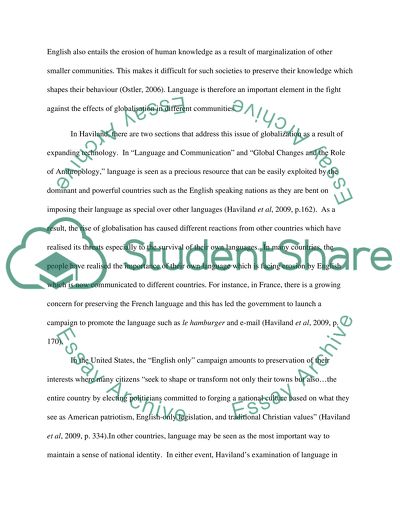Cite this document
(“Globalization Essay Example | Topics and Well Written Essays - 2000 words - 2”, n.d.)
Retrieved from https://studentshare.org/anthropology/1398897-editing
Retrieved from https://studentshare.org/anthropology/1398897-editing
(Globalization Essay Example | Topics and Well Written Essays - 2000 Words - 2)
https://studentshare.org/anthropology/1398897-editing.
https://studentshare.org/anthropology/1398897-editing.
“Globalization Essay Example | Topics and Well Written Essays - 2000 Words - 2”, n.d. https://studentshare.org/anthropology/1398897-editing.


